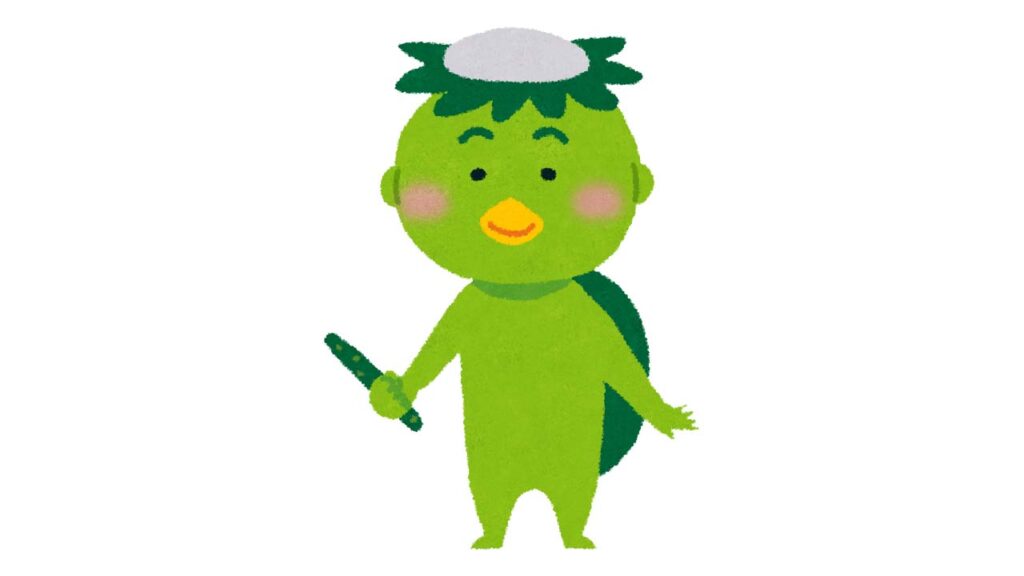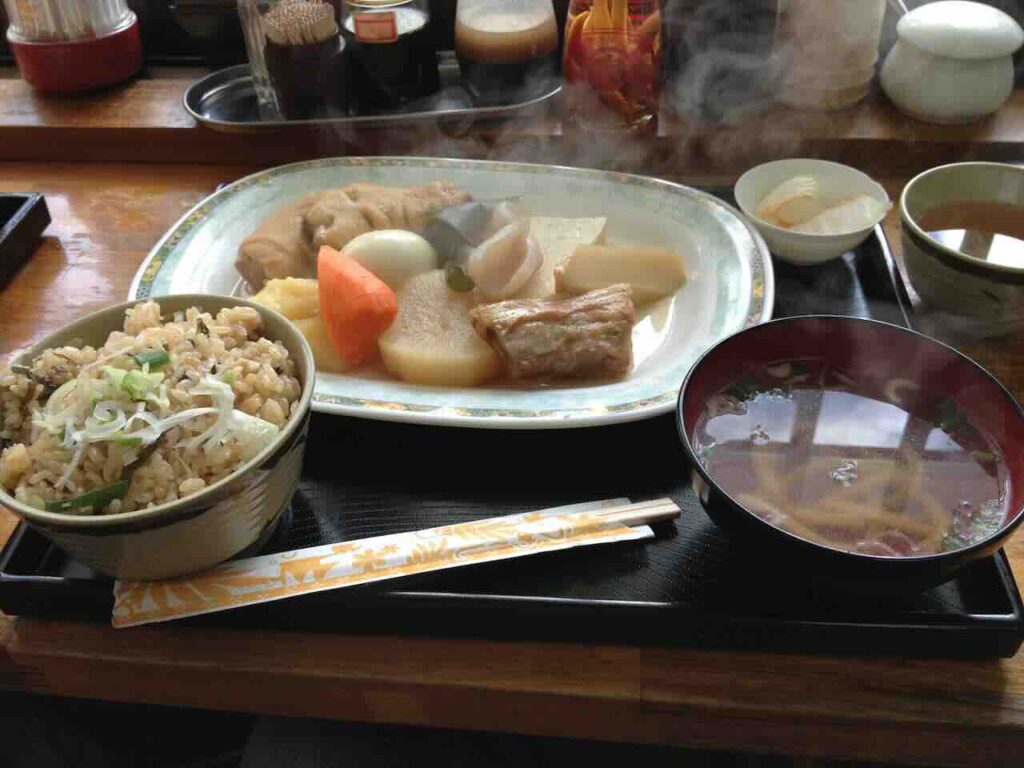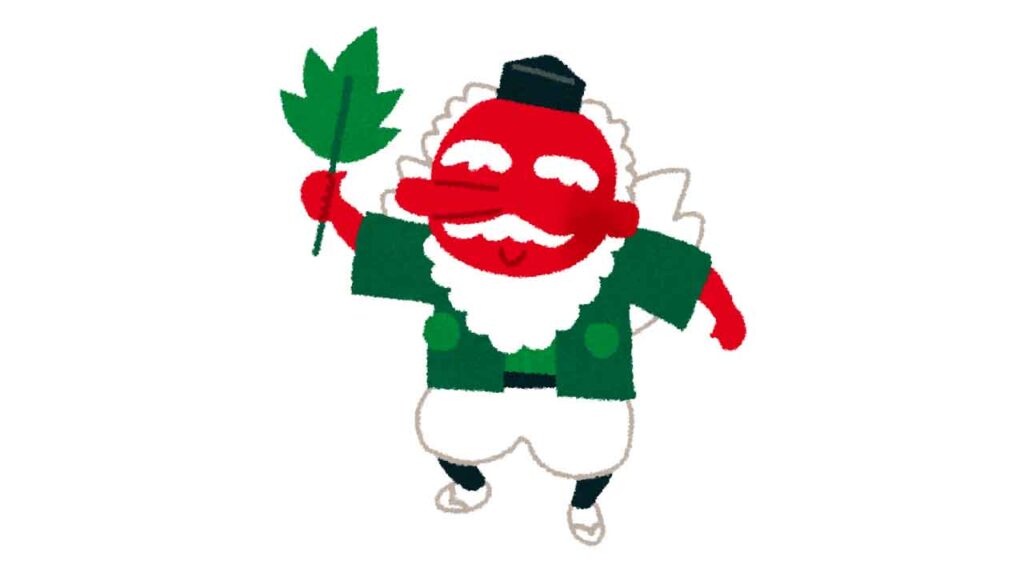Few creatures in Japanese folklore have captured the imagination quite like the kappa (河童) — a water-dwelling yokai that is both mischievous and mysterious. With its strange appearance, love of cucumbers, and famous head dish, the kappa continues to fascinate scholars, storytellers, and curious travelers alike.
Let’s dive into the origins, cultural meanings, and surprising theories behind one of Japan’s most enduring supernatural beings.
Do Kappa Really Exist? Exploring Their Origins
The question “Do kappa actually exist?” has been asked for centuries, both within Japan and by intrigued outsiders. Scientifically, there’s no physical evidence for their existence, but the cultural and folkloric roots of kappa are rich, complex, and deeply intertwined with Japanese life.
Theories Behind Kappa Legends
1. Water Accident Explanation
In ancient Japan, bodies of water were both life-giving and dangerous. To explain mysterious drownings or sudden water accidents:
- People attributed these tragedies to kappa attacks.
- The kappa served as a cautionary tale, warning children and adults to respect the dangers of rivers, ponds, and irrigation canals.
2. Mistaken Animal Sightings
Some researchers suggest that kappa legends may have been inspired by real animals mistaken for supernatural beings, such as:
- Japanese giant salamanders (hanzaki) — large, elusive, and often encountered near riverbanks.
- Large birds or amphibians spotted from a distance.
3. Agricultural Symbolism
As a rice-farming society, Japan’s survival historically depended on water management:
- Kappa may have originated as personifications of water deities who governed the balance of irrigation, rain, and river flow.
- In this way, kappa reflect Japan’s profound relationship with both the blessings and threats of nature.
During my own student fieldwork in rural Japan, I met elderly villagers who vividly recalled “seeing kappa” by the river decades ago — often describing them in ways that matched local oral traditions perfectly. Their accounts reveal how deeply kappa remain embedded in regional memory.
The Secret of the Kappa’s Head Dish
Among kappa’s most recognizable features is the water-filled dish (sara) on top of its head. But why does it have this strange characteristic?
Interpretations of the Head Dish
1. The Source of Power
- The water in the dish is said to be the kappa’s life force.
- If the dish spills, the kappa loses its strength or even dies.
- This detail has led to numerous folk tales where humans cleverly trick kappa into bowing, causing the water to spill.
2. Buddhist Influence
- Some scholars propose that the dish resembles the bald crown of a Buddhist monk’s shaved head.
- This visual similarity may connect kappa to spiritual humility or monastic discipline, blending Buddhist iconography into folk beliefs.
3. Raincoat Connection
- Interestingly, the Japanese word for raincoat — also “kappa” (合羽) — may have influenced the creature’s design.
- The dish could symbolically mirror the round hood of old Japanese raincoats, reinforcing its aquatic identity.
My grandfather once joked that the kappa’s dish was simply a comical portrayal of baldness — a lighthearted theory that surprisingly has some support among folklorists.
The Hypothesis: Kappa as Mistaken Bald Humans?
One of the more unusual (and controversial) theories proposes that some kappa sightings may have been cases of mistaken identity involving bald humans.
Supporting Ideas
- From behind, a bald head can resemble the shiny, smooth dish depicted in kappa imagery.
- In pre-modern rural Japan, seeing bathers or travelers by rivers from afar might have led to such misunderstandings.
- In a time filled with superstition, imagination easily filled in the blanks, transforming ordinary people into fantastic creatures.
Limitations
However, skeptics point out that:
- Most kappa descriptions include non-human features like webbed hands, shells, or unusual limbs.
- This makes the “bald human” hypothesis insufficient as a full explanation.
The Kappa’s Role in Modern Japan
Far from being confined to old folk tales, kappa continue to thrive in modern Japanese culture, often blending tradition with contemporary life.
1. Environmental Mascots
- Kappa are frequently used as mascots for river conservation programs, promoting environmental responsibility.
2. Local Tourism Symbols
- Many towns with rivers or historical kappa legends adopt kappa characters as local mascots, drawing tourists and celebrating regional heritage.
3. Academic and Cultural Study
- Kappa remain a lively subject in folklore studies, anthropology, and cultural history.
- The creature’s enduring appeal offers insights into Japan’s relationship with nature, superstition, and spiritual traditions.
4. Technology Crossovers
- In recent years, kappa-inspired characters have appeared in AI assistants, video games, and marketing campaigns, demonstrating their flexible adaptability in modern media.
What the Kappa Teaches Us
Whether viewed as mythical creatures, cautionary symbols, or cultural reflections, kappa embody core elements of Japanese worldview:
- Reverence for the power of nature
- Fear of the unknown
- The blending of religious and folk beliefs
- The creativity of human imagination across generations
The continued popularity of kappa highlights how traditional legends can evolve while remaining deeply relevant to modern identity.
The next time you stroll beside a river or pond in Japan, listen closely. The rustle of reeds or gentle splash might not be just the wind—it may be a whisper from a legend still very much alive.
Summary
While science cannot confirm the physical existence of kappa, their cultural presence is unmistakable. Through a rich mix of cautionary tales, religious influence, rural memory, and modern reinvention, the kappa continues to offer a window into Japan’s deep and intricate relationship with nature, mystery, and storytelling.


